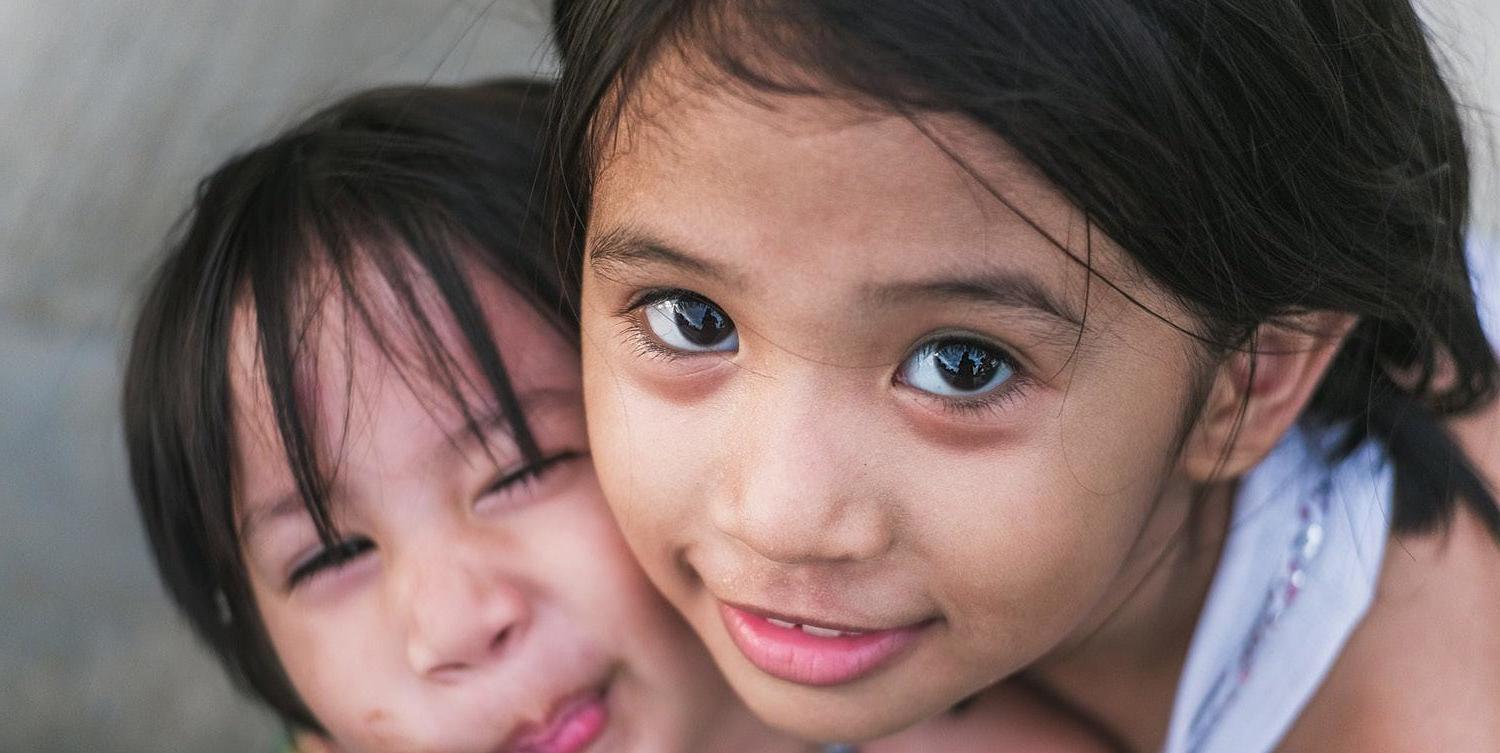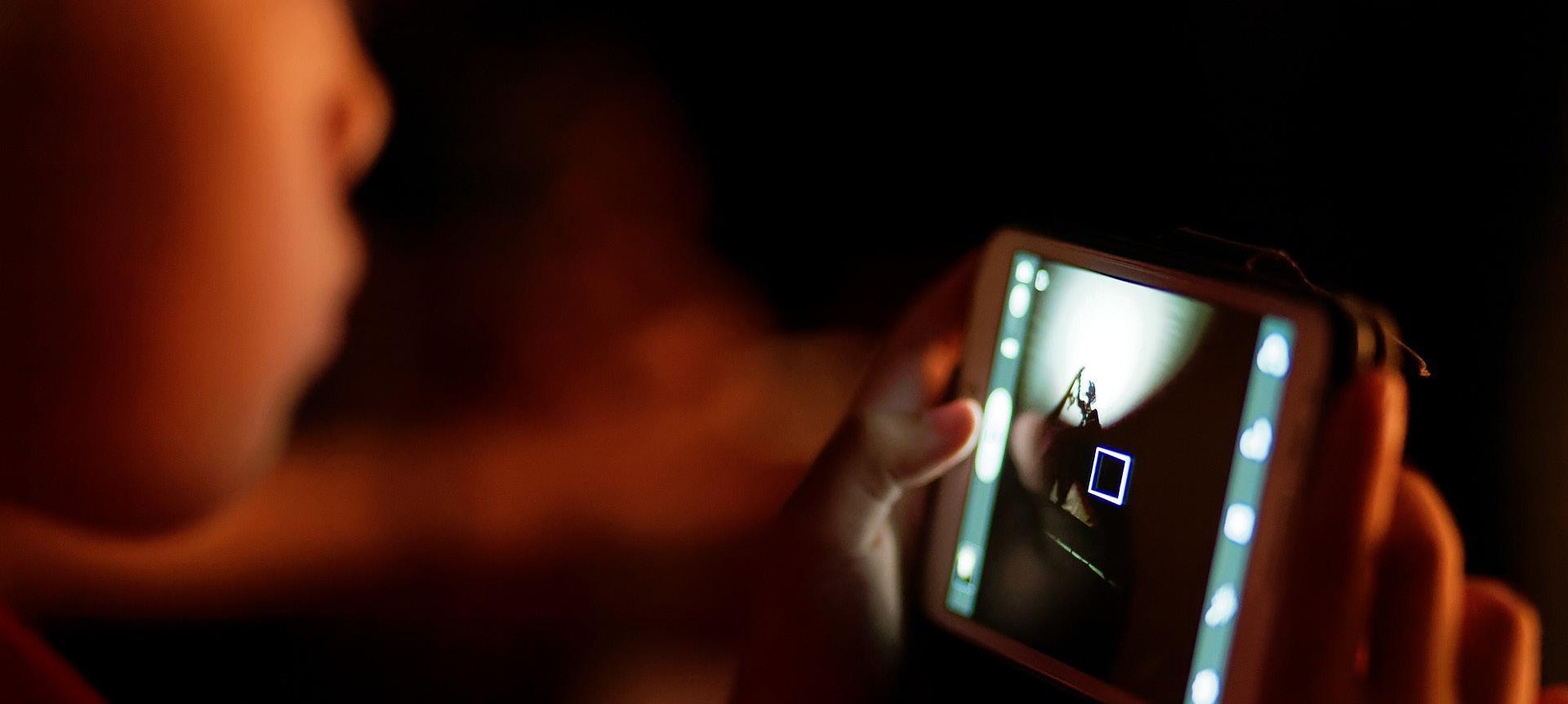
10 minute read
The Blessed Project

Work of the Heart
Advertisement
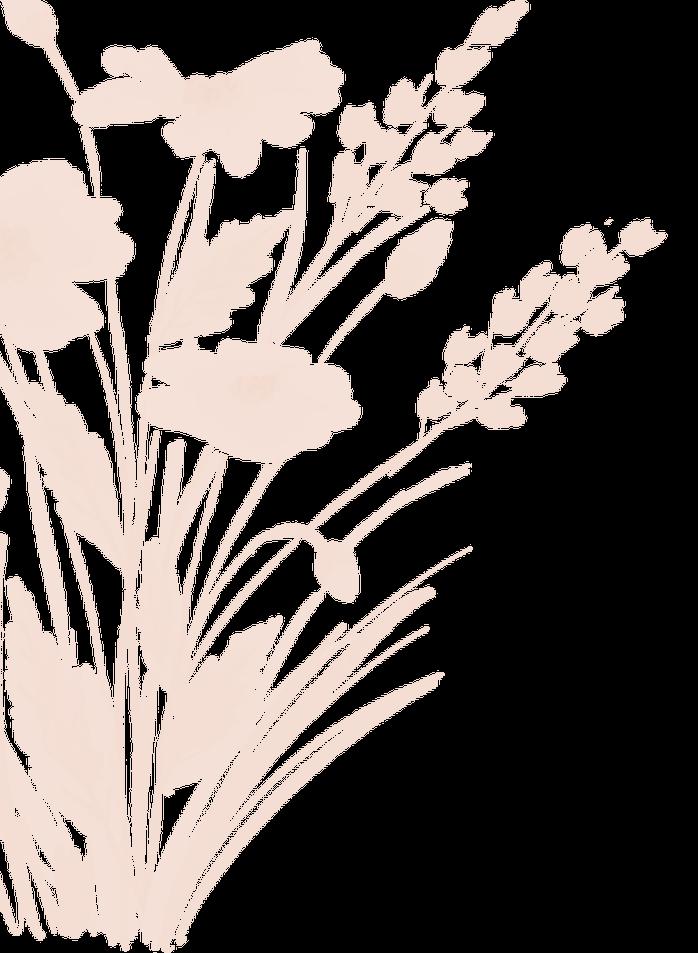
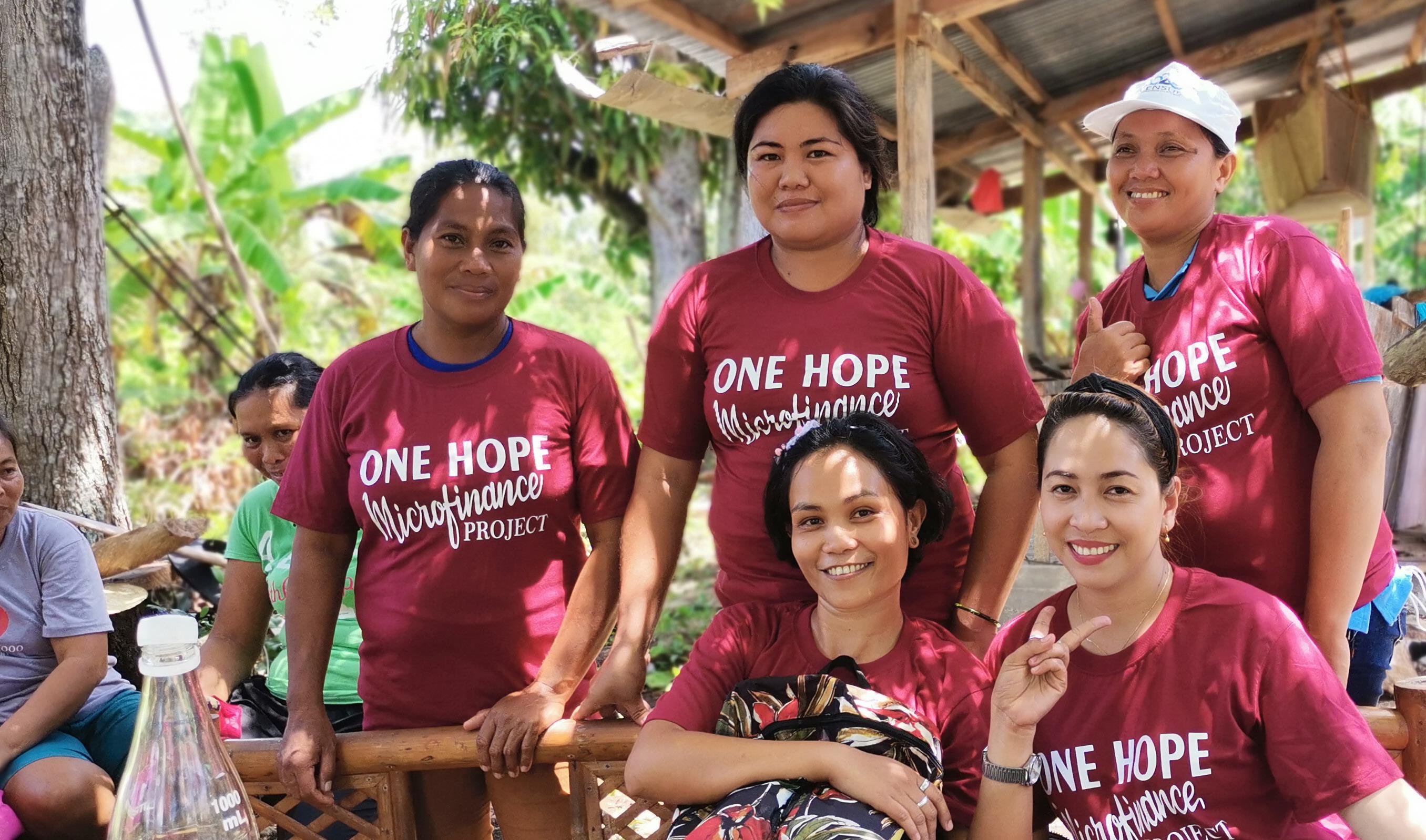
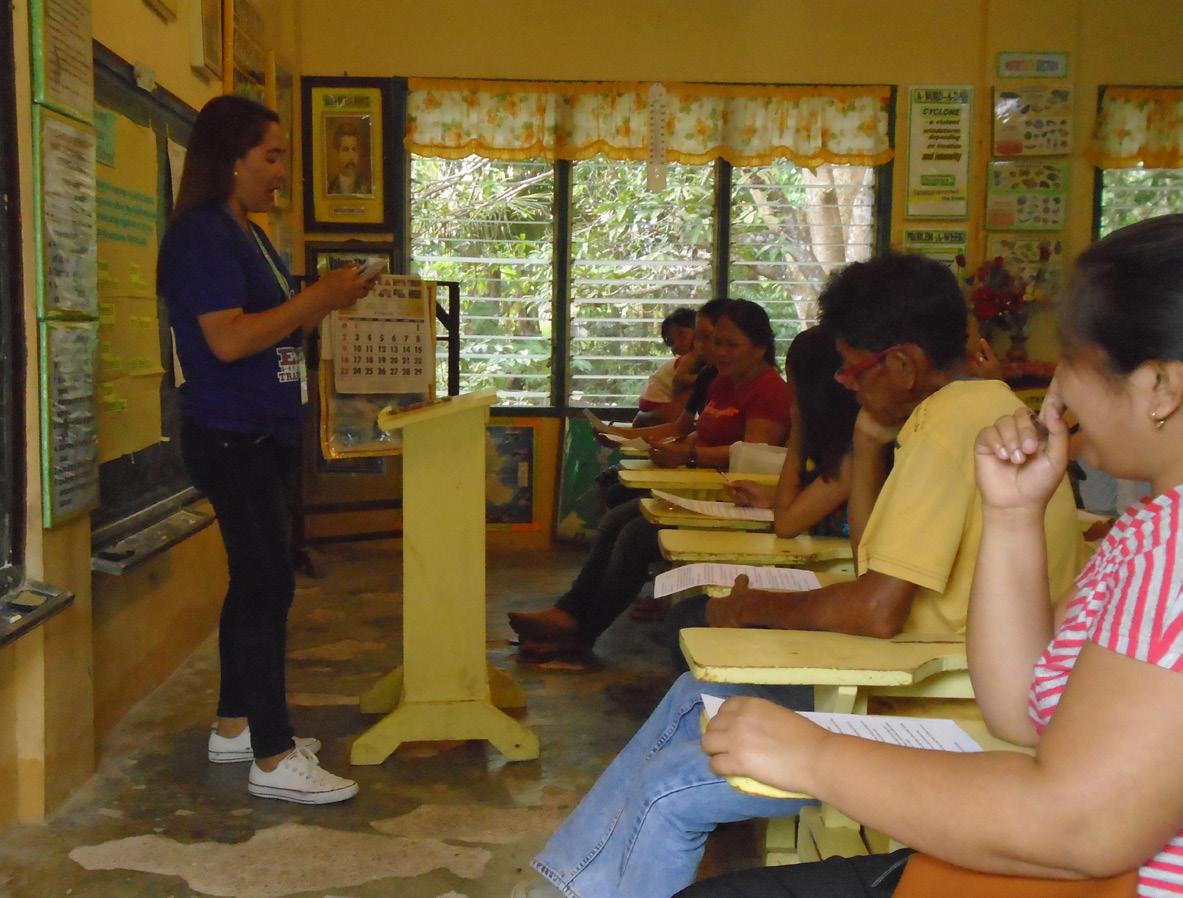
I am the Area Project Coordinator for the island of Siquijor. As a coordinator, my main job is to serve as an overseer of the various projects we have in this province and ensure that these projects create impact to the lives of the people involved.
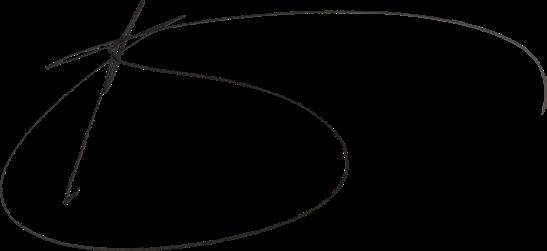
Our projects include helping women to empower themselves through microfinance, raising awareness about human trafficking in schools and communities as well as in nearby islands, training volunteer advocates who would help us fulfill our goals, and connecting and establishing partnerships with the local government authorities such as the Department of Social Welfare and Development and the Philippine National Police to support us on our mission. I am a licensed secondary school teacher but decided to pursue this career instead when I saw how being in this organization, I can contribute freely and bring great impact to people and help them raise themselves up to be better.
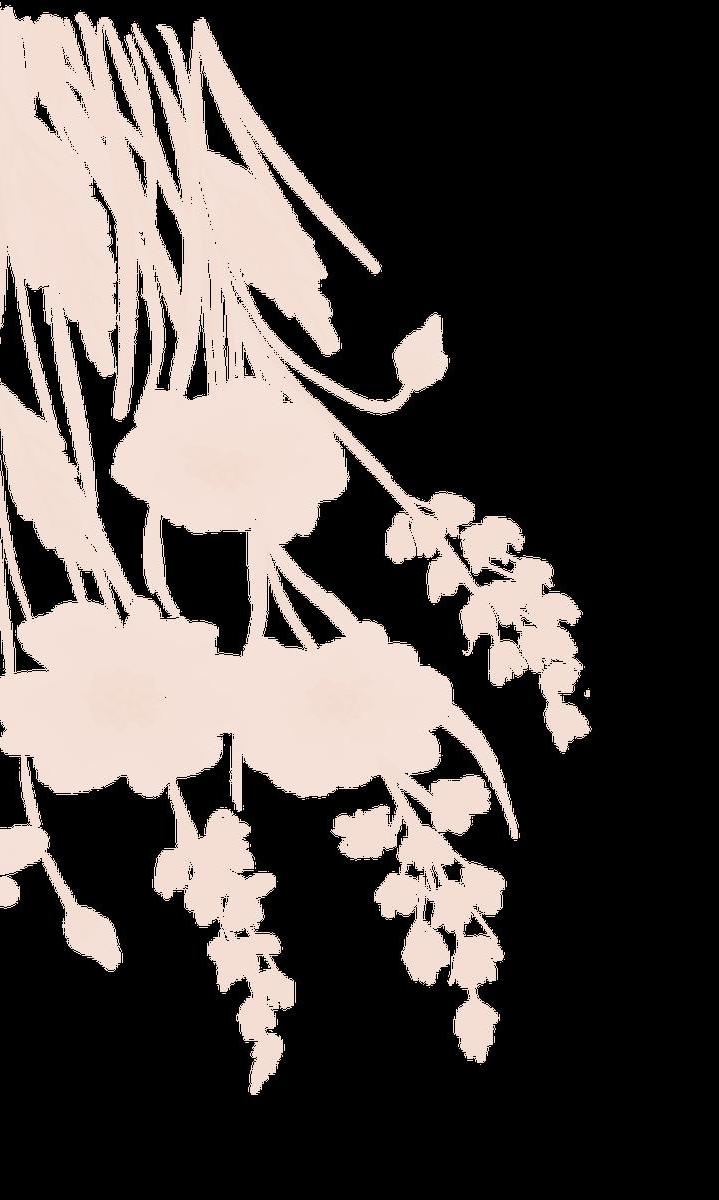
I am passionate about reaching out to people in communities, knowing and meeting other people, and being with children and mothers. I love to see lives changed. Because of the strength and courage people in this organization have to guide and support others, we are able to help people reach their goals too.
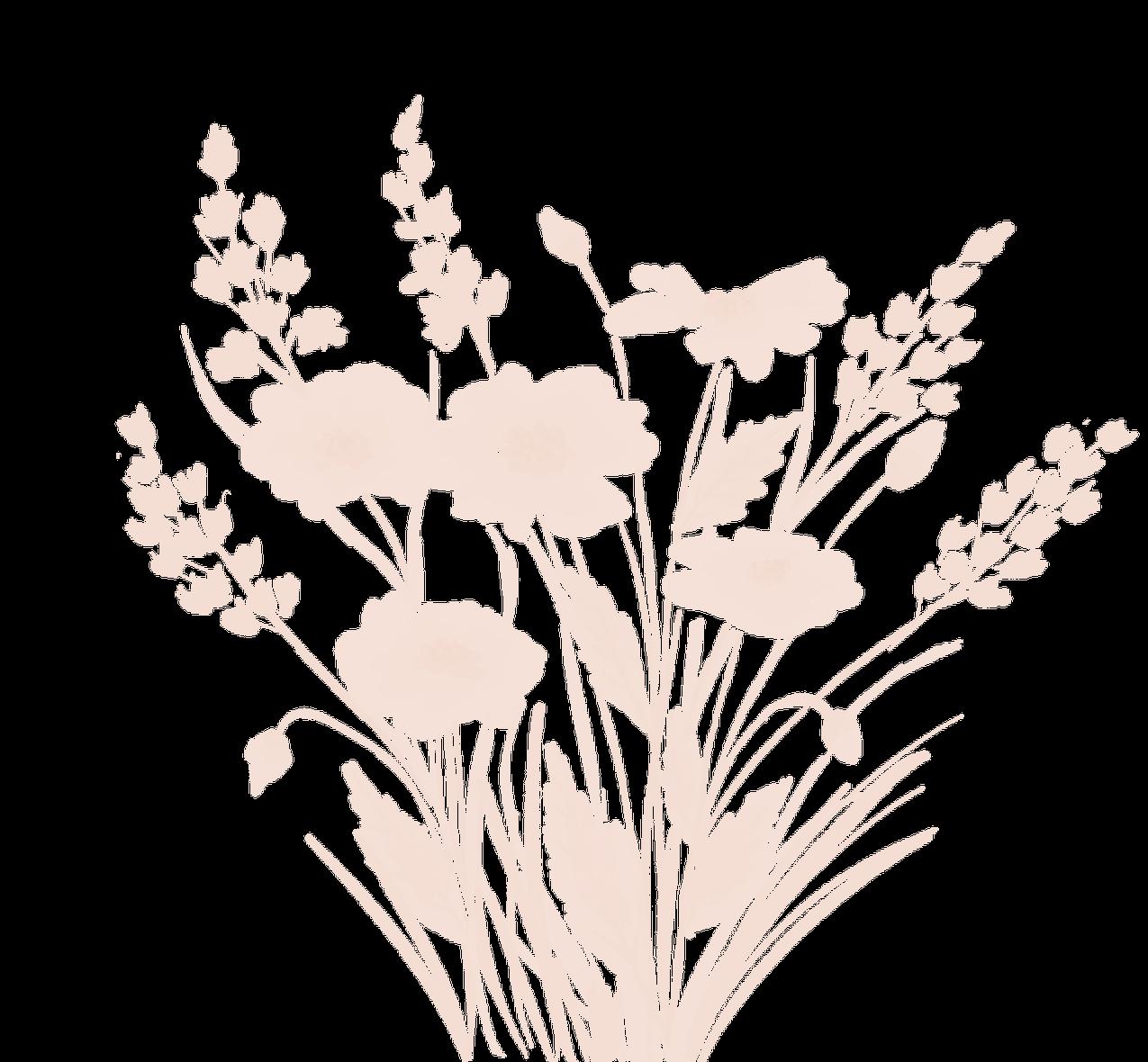
For me this is the noblest job - to see people change their lives, children are loved and valued, the youth are protected from possible danger of human trafficking, women are empowered to become strong foundations for their families.

Photo: Maricar (lower right) with the Microfinance women in Siquijor
Maricar Usaraga AREA PROJECT COORDINATOR | Siquijor HONOR 1000 MOVEMENT, INC.
Maricar conducting Human Trafficking Awareness Campaign sessions among parents and advocates
Eradicating Poverty through
Honor 1000’s Microfinance Program operates in the provinces of Bataan and Pampanga. Both provinces were identified to be high-risk communities as these are located near port areas and “red light district” zones.
The Microfinance Program helps families from these communities take out small loans to either start or grow their business. This strategy aims to increase their stability, and permanently remove them from the risk of trafficking.
Microfinance clients also become part of women’s groups where they are able to acquire support from each other, exchange ideas, and discuss plans for their businesses as well as for their families.

Microfinance
Due to the pandemic, the regular microfinance meetings came to a halt to comply with health protocols and community lockdown implemented by authorites. Nonetheless, we continued to provide support whatever way we could.

As some areas gradually lifted lockdown restrictions, some of the microfinance women were able to start their businesses again. However, collection rates still haven’t returned to normal since businesses were only in partial operation.

Photo below: One of the Microfinance women’s groups
MILESTONES AND HIGHLIGHTS
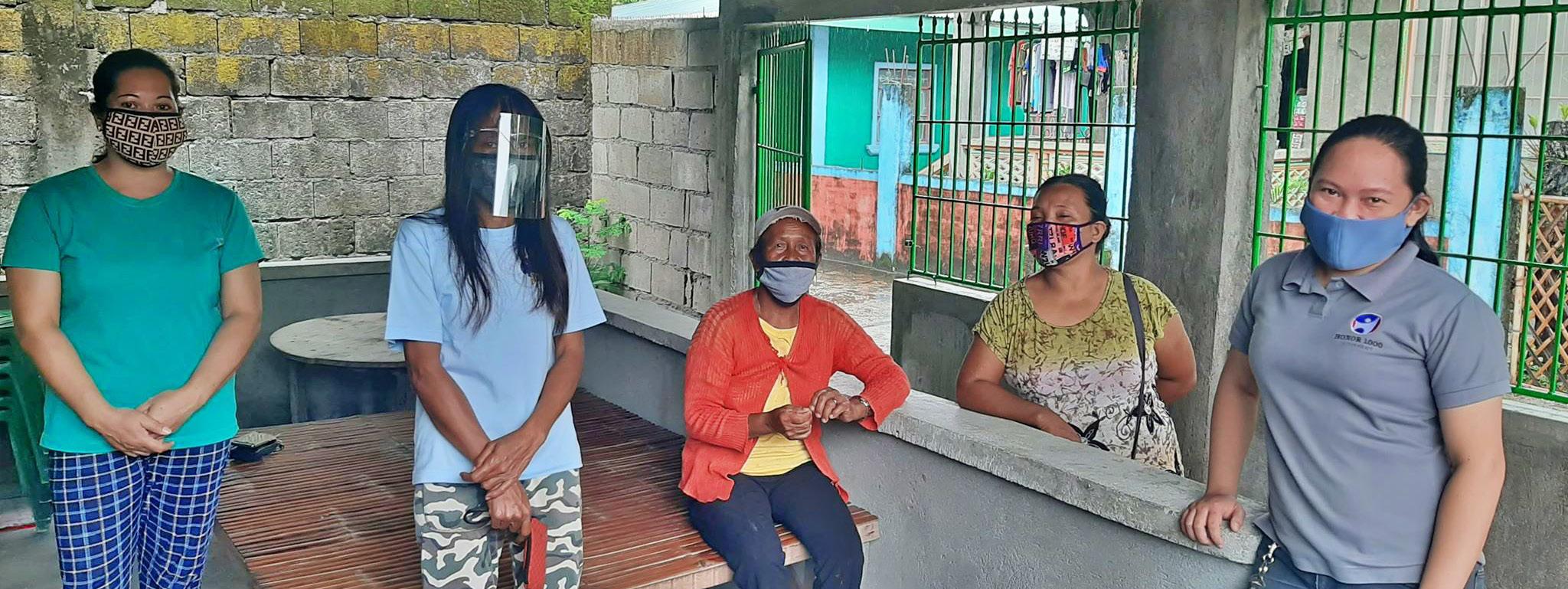




• 103 repaid their loans and are now considered poverty-free
• 11 new women added during the past six months
• 2,365 women with loans
• 109 loan groups
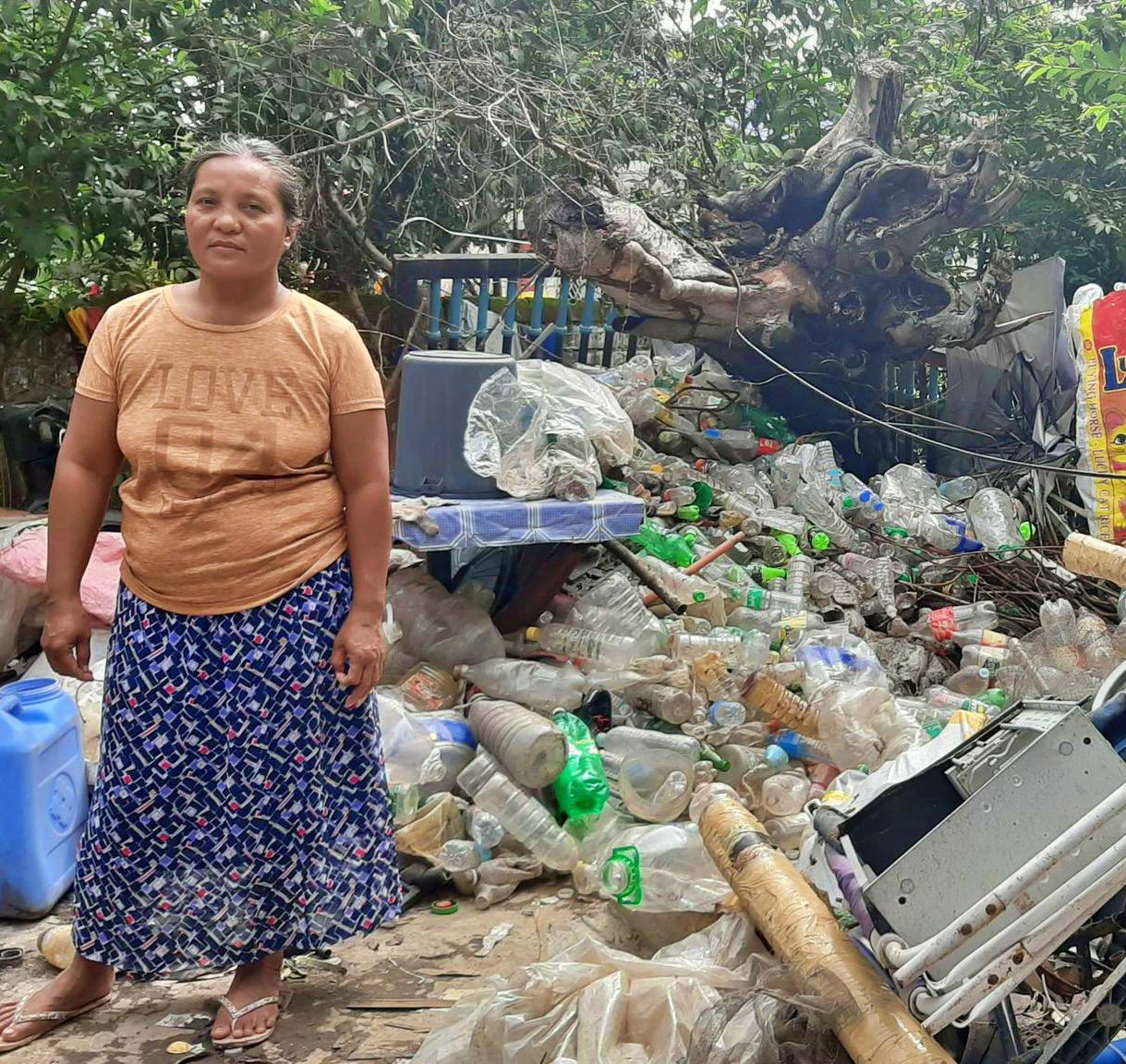
Mary in her mini grocery story
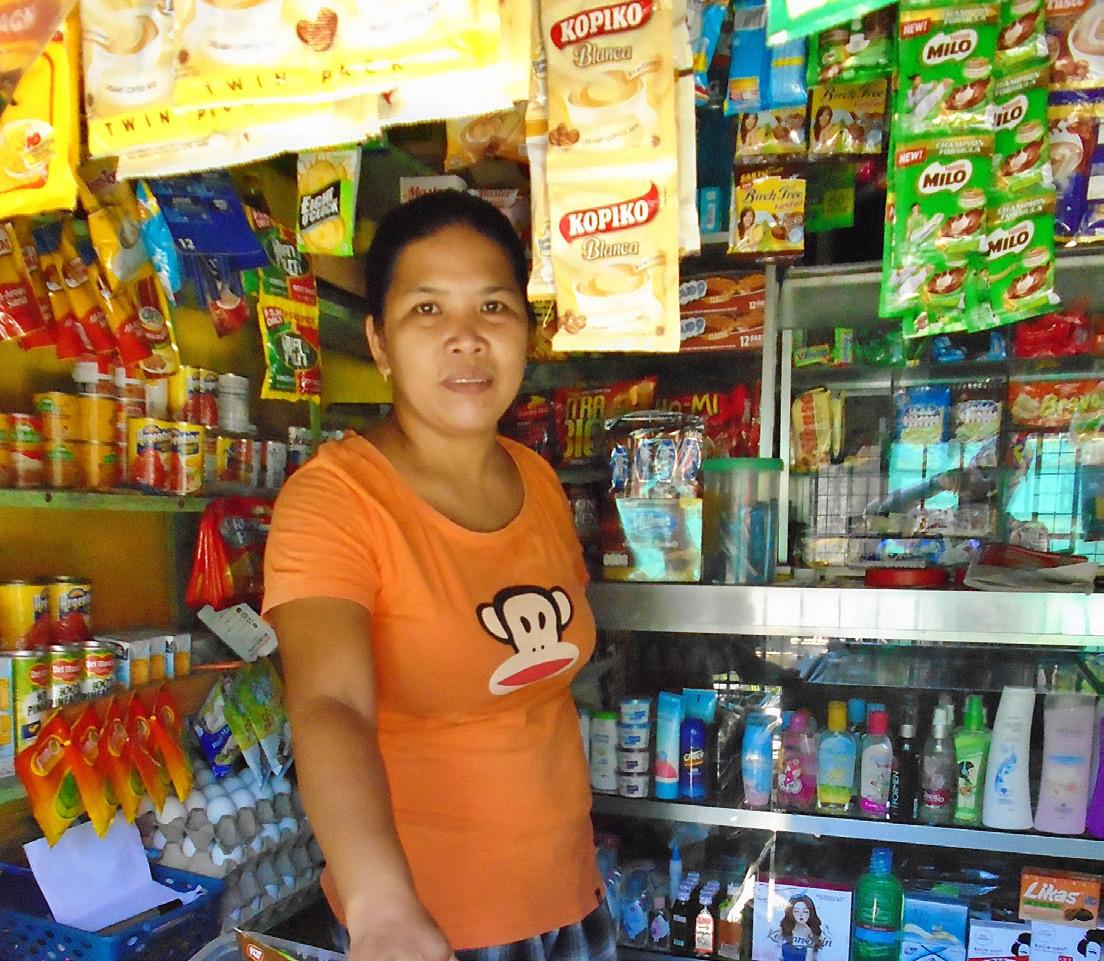
Back to Basics
As a mother of 5, Noemi and her husband have been working hard to keep all their kids in school and well provided for.
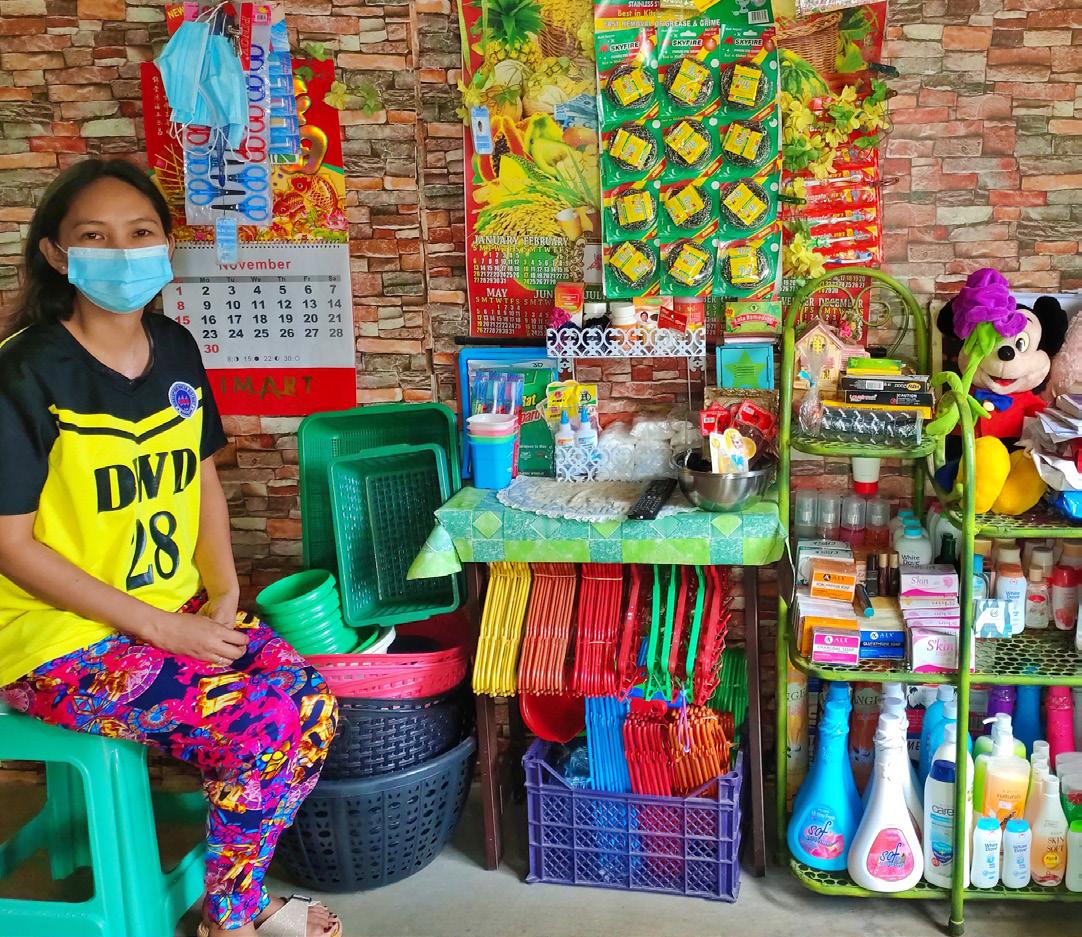
Noemi joined the program in 2015 and has been gradually growing her business. From direct selling of personal care products, she has now started selling household items and frozen products as well. This decision helped her a lot since most households reduced their purchases to basic necessities, including frozen goods.

Though times have been difficult, Noemi continues to persevere - reaching out to her loyal customers and paying her weekly commitments, while also saving for hard times and her family’s future.
Mary's Story
Mary has been part of the Microfinance Program since 2014. She and her husband are blessed with two children. Their mini grocery store in front of their house has been their main source of income, and has been in operation for 6 years now. It is already the go-to store in their barangay.
With their long history, Mary shares how this pandemic has affected not just their business but the overall capacity of their neighbors to buy. As the secretary in her microfinance group, she has also been in touch with her fellow clients. They have been giving each other advice and strength on how they would be able to overcome this difficulty. Being able to save money before the pandemic hit has helped her pay her commitments without missing when collections resumed.
Noemi and some household items she sells
Inspiring Other Microfinance Moms
Maribel is one of our first clients in Floridablanca, being with us since 2017. With 5 children and her husband unable to work due to his eye condition, she has been supporting her family with her small businesses. They have a small grocery store in front of their house, and she also accepts plastic bottles, aluminum and iron in her junk shop.
This recent pandemic has been hard especially for small business earners like Maribel. She is grateful that her older children were able to keep their jobs and even give small amounts for daily needs of their family.

PHOTOS: Maribel in her junkshop (left) and her mini convenience store (right)
With her younger children still in school, she needed to buy a smartphone to help with the mixed learning set-up. And with hard work, focusing on her grocery store, and budgeting, she was able to buy the needed phone for her children’s education.
Maribel has also been an encouragement to her fellow mothers, as she has been able to pay her weekly obligations with no miss even during the lockdowns.



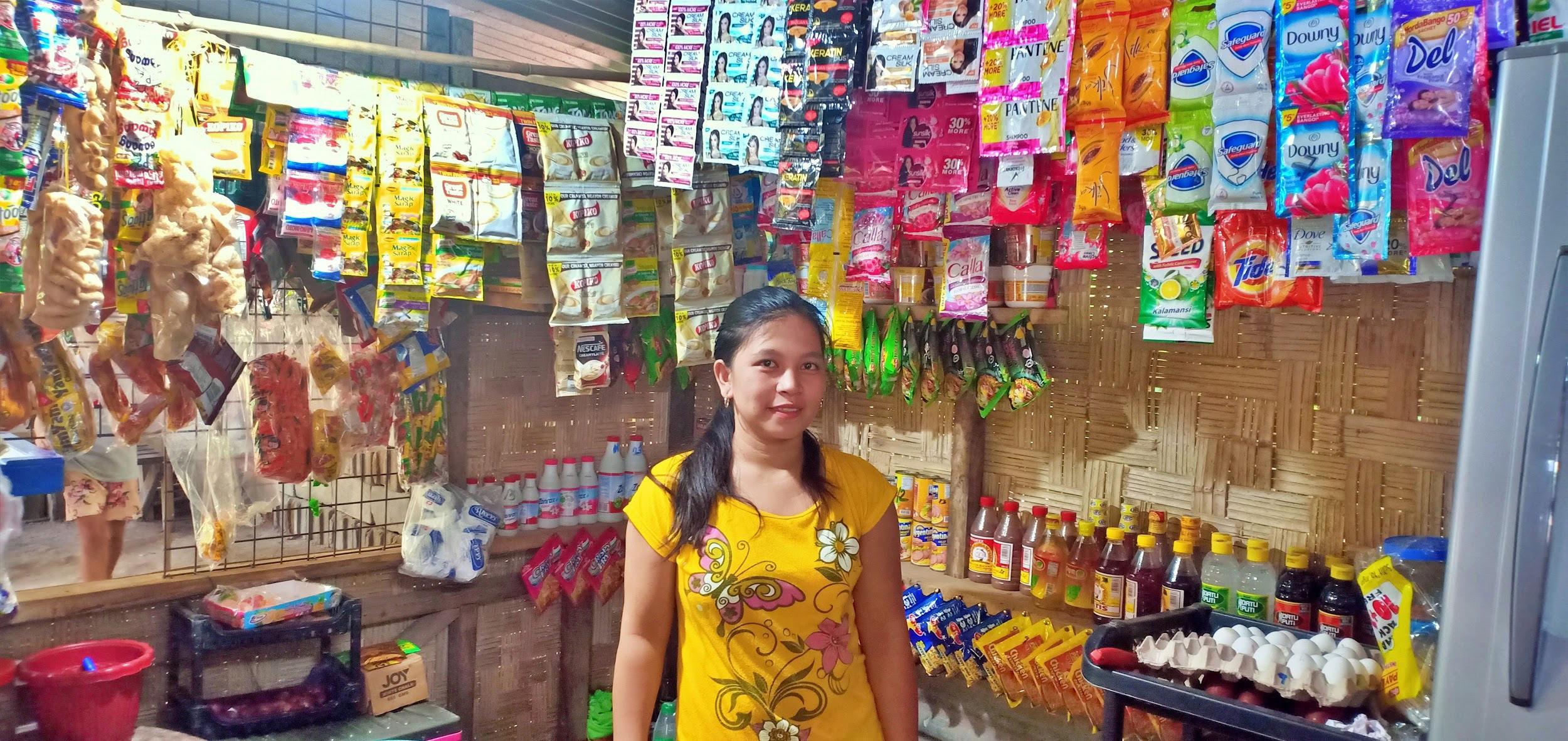

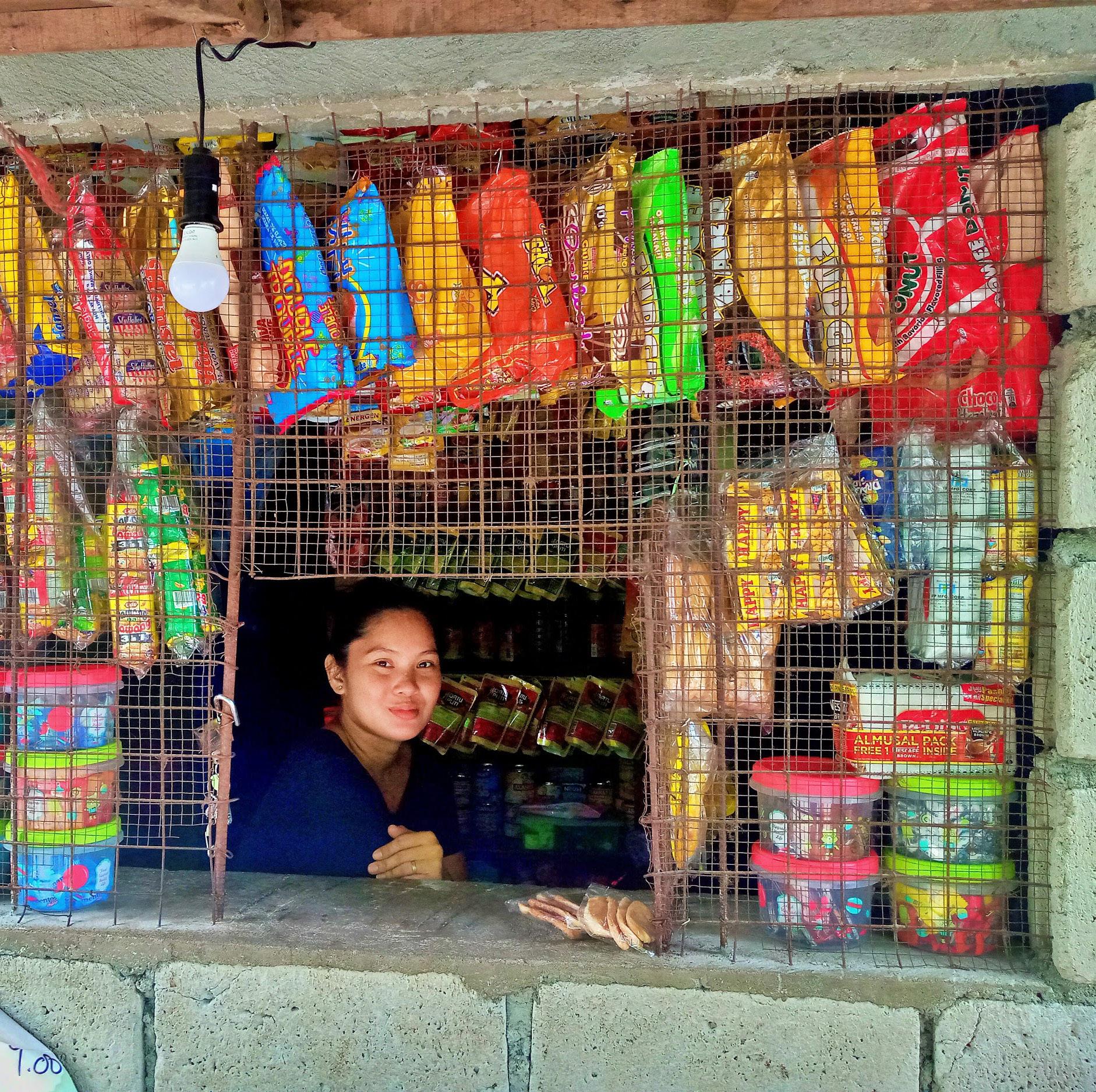
Saving for Her Children's Future
With the first loan Florian got, she transformed her small grocery store from being made of sheets of bamboo strips to sturdier cement blocks. This will ensure that her store will withstand storms that frequently visit the country. Florian has four children, giving birth to her youngest just over a month ago. It is important for her to secure their family’s means of income.
Florian joined the Microfinance Program in February 2020 - a month before the pandemic hit and lockdowns were placed all over the country. When collections resumed in June, she was able to pay for her weekly commitments. She even adds more than what is required to her savings each week. She knows how important it is to save up for her children’s future while they are still young that’s why she saves part of her income whenever possible. She is also grateful to have a business that allows her to sell within the security of their home.
PHOTO: Florian inside her small grocery store

Earning while Being of Help to Her Community
Amy joined the Microfinance Program in 2019. She is a proud mother of two and owner of a a small grocery store in front of their house. She’s grateful to have a business that allows her to stay at home to take care of her two children.
The pandemic has impacted not just her own family but also her community. She experienced neighbors asking to take some goods from her grocery store on loan, and pay at a later date. She was faced with the challenge of having to balance her own income while also understanding the needs of those around her. She is thankful that despite this challenge, she’s been able to consistently pay her weekly commitment and even steadily increase her savings.
Her consistent payments granted her to avail of the next loan cycle in September 2020. Although the country is still facing economic crisis, surviving businesses with diligent owners like Amy, are granted the chance to receive these small business capital.
Amy inside her small grocery store
Self-Sustainability for Honor 1000 Movement
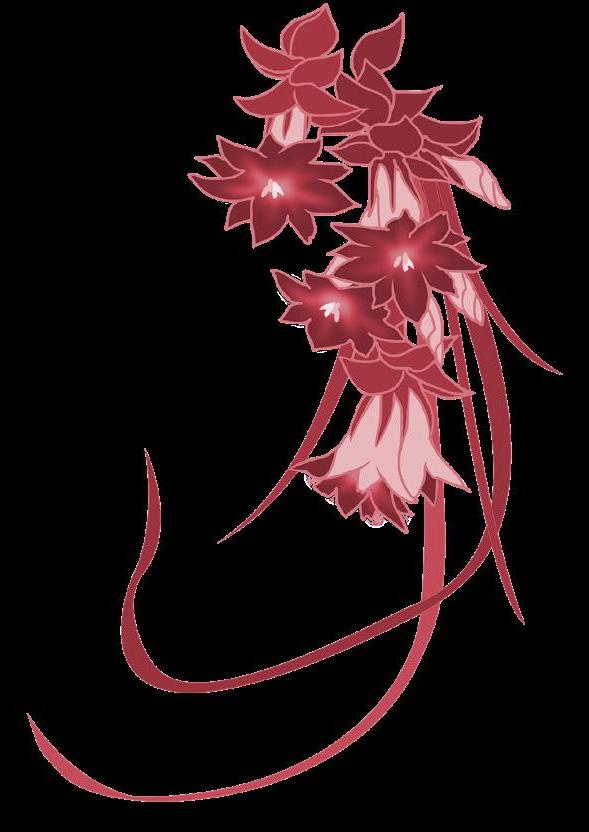
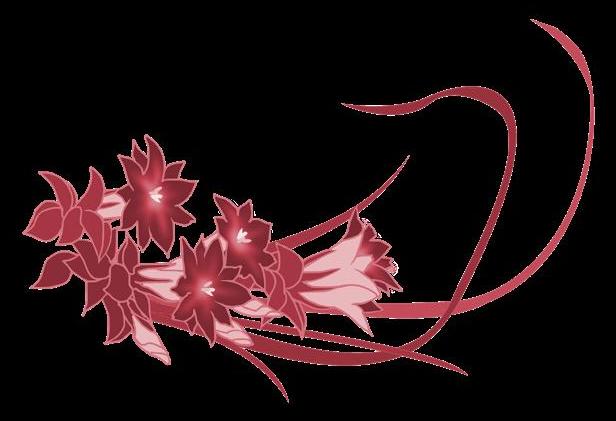

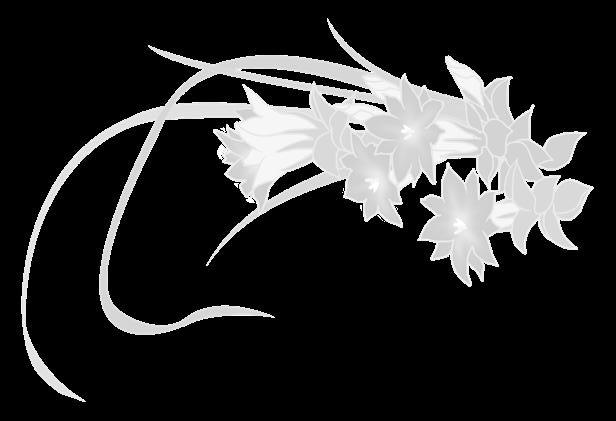

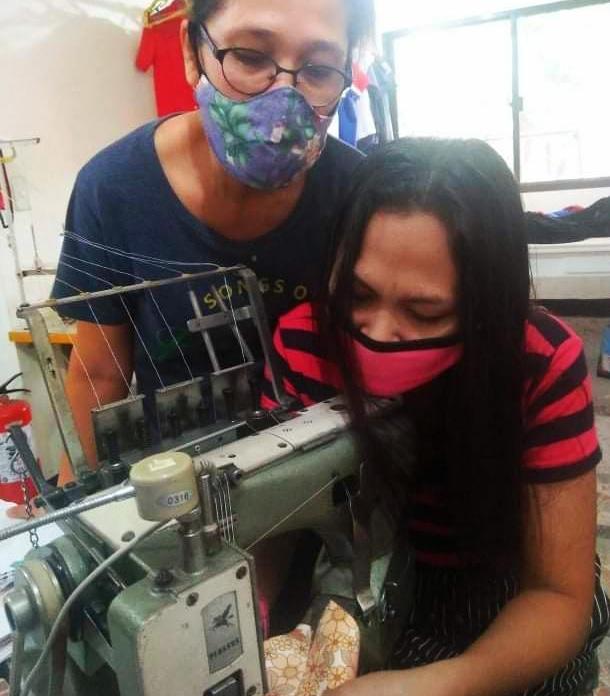
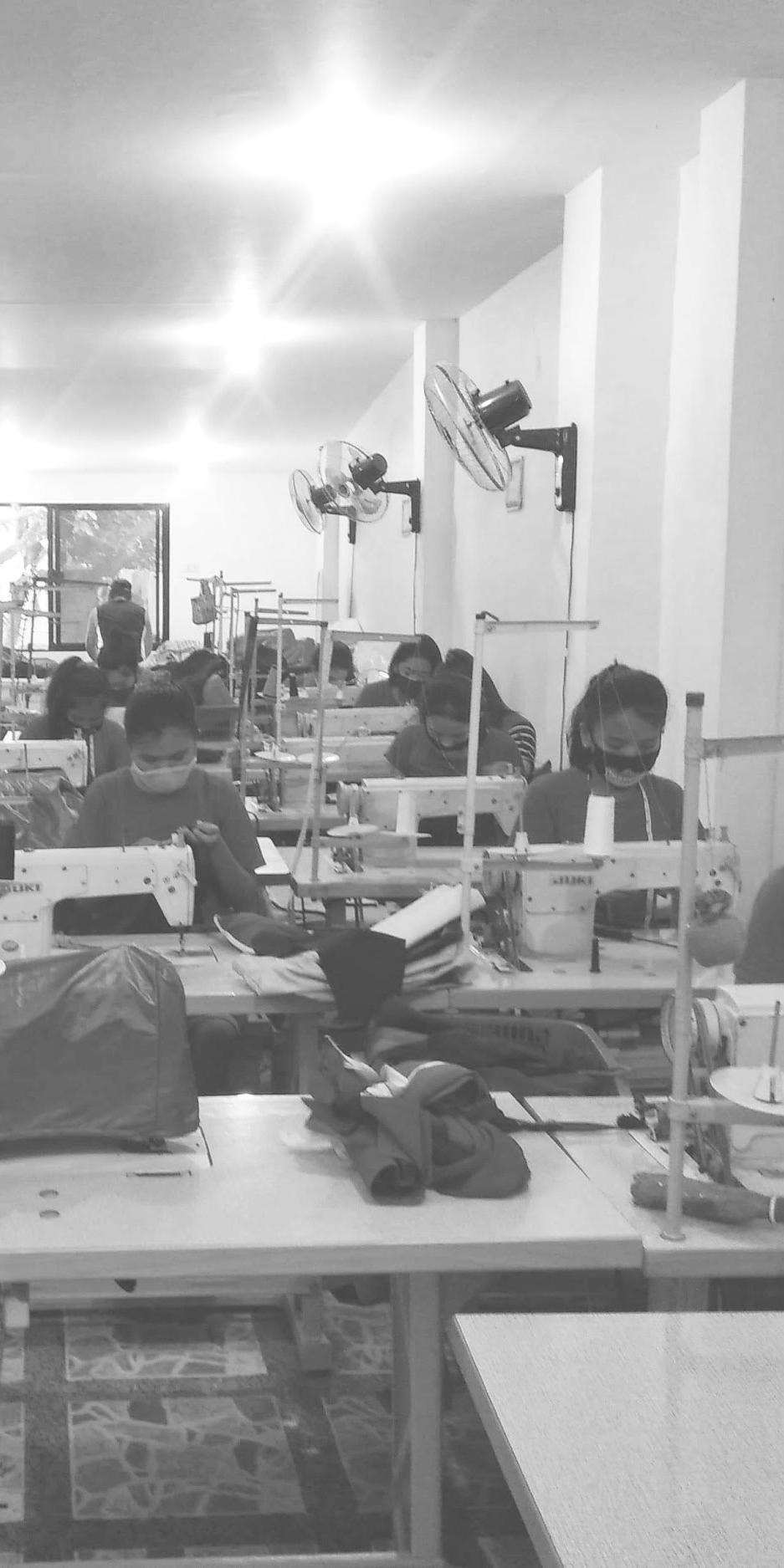
Women at the Blessed Project’s Sewing Social Enterprise Honor 1000 Movement aims to generate their own income to decrease ongoing reliance on donors. This will be achieved through two commercial vehicles: (1) Microfinance profits, and (2) Sewing Social Enterprise, as well as through in-country fundraising.
The lockdowns since March 2020 have affected both revenue streams significantly. Some additional measures were implemented to prevent payment delays. The team shifted collections from the microfinance clients to online bank transfers as some group meetings couldn’t occur. They also increased the frequency of updates on cash collections.
As a move towards sustainability, Honor 1000 also updated their pricing for the sewing products handcrafted by the women at the Blessed Project, ensuring that production costs are covered plus enough margin for profits.
KEY GOALS
The goal is to raise the following percentages of operating budget in the financial years: • 26% by 2018/19 - Achieved • 34% by 2019/20 - 24% (due to COVID) • 46% by 2020/21 - 35% (estimated due to COVID)
We are hopeful to get our sustainability program back on track once everything fully opens up and confidence returns.
Edil, the head sewer at Blessed, testing the new flatlock machine
Improving the Sewing Business
There is a shift in certain sewing techniques to ensure quality of products can be achieved by using a particular machine.
Through perseverance and with the help of generous people who donated, the team was able to purchase one flatlock machine.
The senior sewers at Blessed immediately trained the women on how to use the new machine and adapt new techniques. The team has been working on samples with new brands of thread as well. Once the samples are approved, the team will proceed with the bulk production of clothing. Also, Blessed Sewing Enterprise has continued building their network of local partners.
Recently, they received a new job order from a company that produces blouses for a local clothing brand.
This, along with other sewing projects (tote bags, pouches, uniforms), has helped the sewers and the women regain their momentum despite several months of lockdown. This also provided an opportunity for the women to enhance and master sewing techniques, that will eventually help in increasing the whole team’s work capacity.
Tonet, one of the senior sewers, teaching one of the women how to use the new flatlock machine


